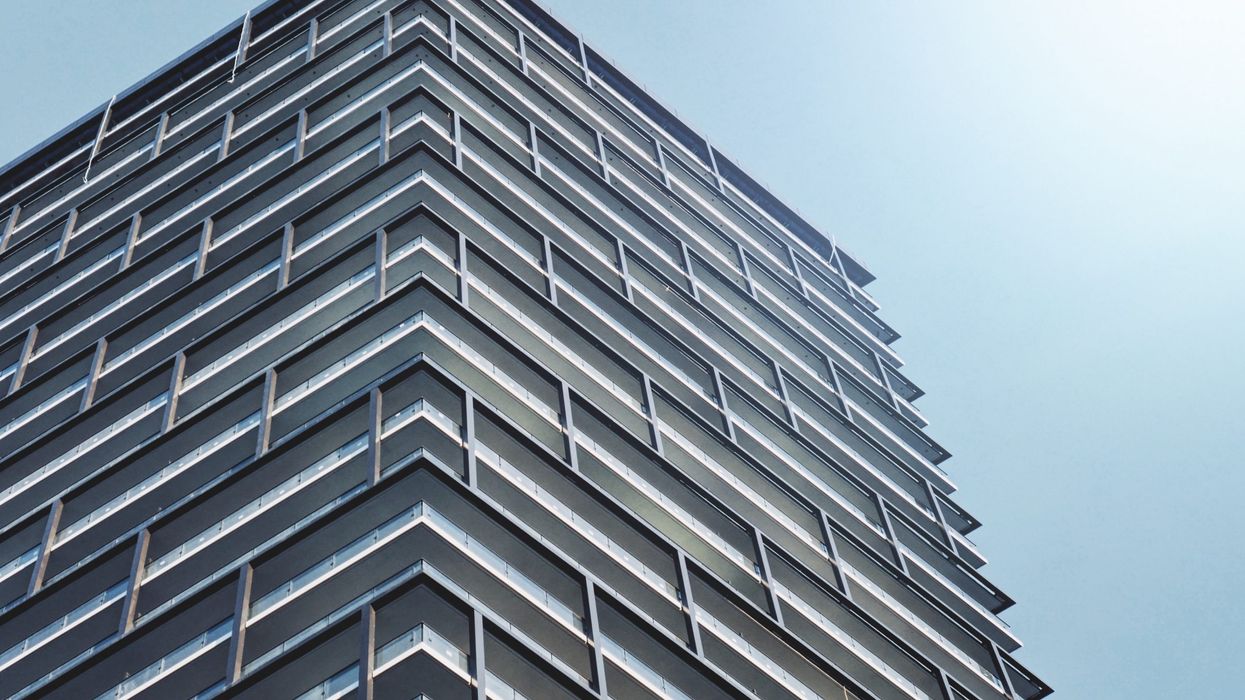Bidding wars used to be a trademark Toronto strategy for home buyers. But while realtors continue to brag about the hot real estate market, the reality can look much different – yes, even in the Toronto market. In a recent Globe and Mail article, it was revealed that home buyers are testing sellers with the strategy of lowballing a property listing.
Yet while housing prices continue to rise, one urban land economist and licensed realtor, Igor Dragovic, crunched the numbers collected from the Toronto Real Estate Board to learn that of 4,230 home sales in 2019 in Toronto’s West end – only 29 per cent of homes sold for over asking.
READ: First-Time Home Buyers Incentive Limits Torontonians To Buying Condos
The district he analyzed – from the area bounded by Bloor St. to the north, the waterfront to the south, Yonge St. to the east and the rail lines near Lansdowne Ave. to the west – contained homes that – shockingly – sold for at or below the listing price. He included every form of housing – including semis, detached homes, condos and townhouses.
“I was a lit bit surprised to see this in downtown west, generally a pretty hot pocket in housing right now,” Dragovic told the Toronto Star.
What’s most fascinating were his observations about different Toronto neighbourhoods. Dragovic found that the Bay St. corridor had the lowest percentage of homes selling over asking — 84 of the 610 units sold or 14 per cent.
On the other hand, neighbourhoods such as Dufferin Grove and Trinity Bellwoods, where more lowrise houses exist, saw about 50 per cent of homes selling for over asking. In Trinity Bellwoods for example, 76 homes sold at or under the listed price while 75 sold over.
READ: First-Time Home Buyers Incentive Limits Torontonians To Buying Condos
Dragovic says he was “surprised” by the low rate of condos that sold for over asking — 90 of 208 condo townhouses (43 per cent) sold over asking, while 934 of 3,541 condo apartments (26 per cent) sold above asking.
He noted that bidding wars might work in certain neighbourhoods, but not in others. For example, he argues that the strategy could be successful in places like Trinity Bellwoods, where the homes went for, on average, about 18 per cent over the asking price. There, homes sold over the listing price went for an average $871 per square foot, while those sold at or under the listing price sold for an average $811 per square foot.
By contrast, Dragovic notes, bidding wars don’t seem to be a good strategy in the Bay Street corridor. Homes there sold over listing price go for about $989 per square foot.
John Pasalis, president of Realosophy, says that listing your property too low is like rolling the dice.
READ: First-Time Home Buyers Incentive Limits Torontonians To Buying Condos
“When you list your home for sale in a particular area, part of how many offers you get is how nice your house is compared to the other houses that got listed that week, how many other houses got listed that week, what are they asking, and what nights are they taking their offers on,” Pasalis says, noting that his most recent listing in Leslieville went for exactly the $1.2 million that was asked.
“We weren’t confident because the market is less predictable now. We listed for $1.2 million and sold for $1.2 million — it’s a time-of-year thing,” Pasalis explained.
Royal LePage realtor, Desmond Brown, told the Toronto Star that more homebuyers are able to tap into market rates and gauge the price in the context of recent sales. “Every now and then, a new precedent will be set when someone pays a higher price,” Brown added.
“I always say there are two ways to a sale price; underprice and get a bidding war or price a bit over or around market value and negotiate a deal between one buyer and seller.”
Bottom line: don’t undersell your property with a low listing. You might just get what you ask for!





















